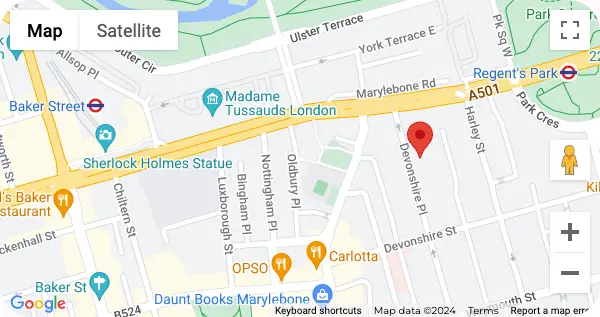Digestive Health Matters
Stomach discomfort
What are digestive problems?
Digestive issues are when something goes wrong with how your stomach and intestines function. These include problems such as bloating, abdominal pain, indigestion, heartburn, constipation, diarrhea or gas. Certain issues are benign, others can be serious and require medical attention.
Eating unhealthy foods, stress, or being sensitive to certain types of food are the most common causes of digestive problems. Other times, they can be connected to conditions such as acid reflux, irritable bowel syndrome (IBS) or ulcers. Lack of activity, some medications and infections also can worsen these problems.
Disregarding digestive disorders can cause serious health complications such as nutrient absorption complications or permanent damage to your digestive system. Most concerns can be remedied by dietary changes, improved habits or medical treatment.
Types of digestive problems
There are many different types of digestive problems that affect various parts of your digestive tract. Some common ones include:
- Gallbladder and bile duct problems: Common problems include gallstones, cholecystitis, and cholangitis. Gallstones are solid deposits that obstruct bile flow. Cholecystitis is the inflammation of the gallbladder, that’s most frequently caused by stones, and cholangitis (severe bile duct infection).
- Rectal disorders: The rectal problems like anal fissures, hemorrhoids, proctitis, and rectal prolapse. Fissures are small tears near the anus, hemorrhoids are swollen veins, proctitis is inflammation of the rectum, and prolapse occurs when the rectum slips out of position.
- Esophageal conditions: The esophagus is affected from strictures, achalasia and esophagitis. Strictures narrow it, so swallowing becomes difficult. Achalasia slows the passage of food, and esophagitis causes irritation or swelling.
- Stomach disorders: Gastritis, ulcers and stomach cancer are stomach conditions. Gastritis is inflammation of the stomach lining, ulcers are sores that are often caused by H. pylori and cancer should be caught early for treatment.
- Liver diseases: Liver problems encompass hepatitis, cirrhosis and failure. Hepatitis is inflammation of the liver, cirrhosis is scarring of the liver and liver failure means the organ isn’t functioning properly.
- Pancreatic problems: Pancreatitis and pseudocysts are common issues. Pancreatitis is the inflammation of the pancreas, which can be caused by gallstones or alcohol, and pseudocysts are fluid-filled sacs created by injury or infection.
- Gastrointestinal disorders: Celiac disease, Crohn’s and ulcerative colitis, and diverticulitis impact the intestines, leading to abdominal pain and digestive problems. Other issues are malabsorption, polyps and reduced blood flow.
- Gastroesophageal conditions: Stomach problems like gastroesophageal reflux disease (GERD), peptic ulcers, and hiatal hernias. GERD leads to acid reflux, ulcers are sores in the stomach, and hiatal hernias are when part of the stomach pushes through the diaphragm.











